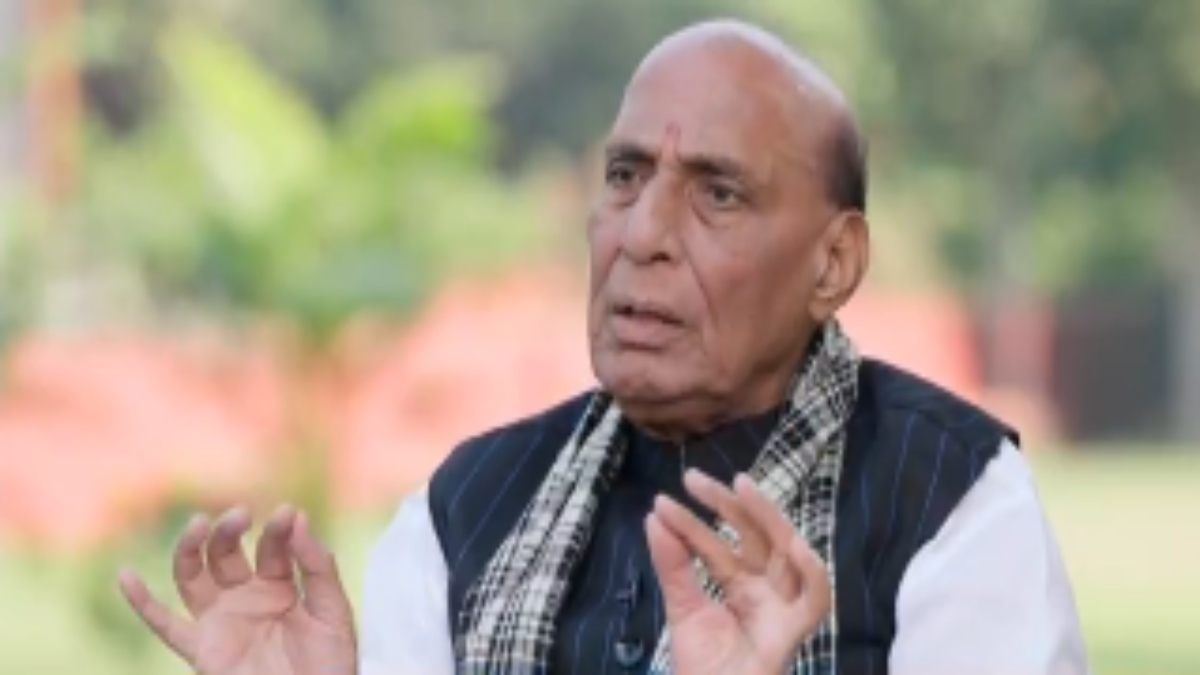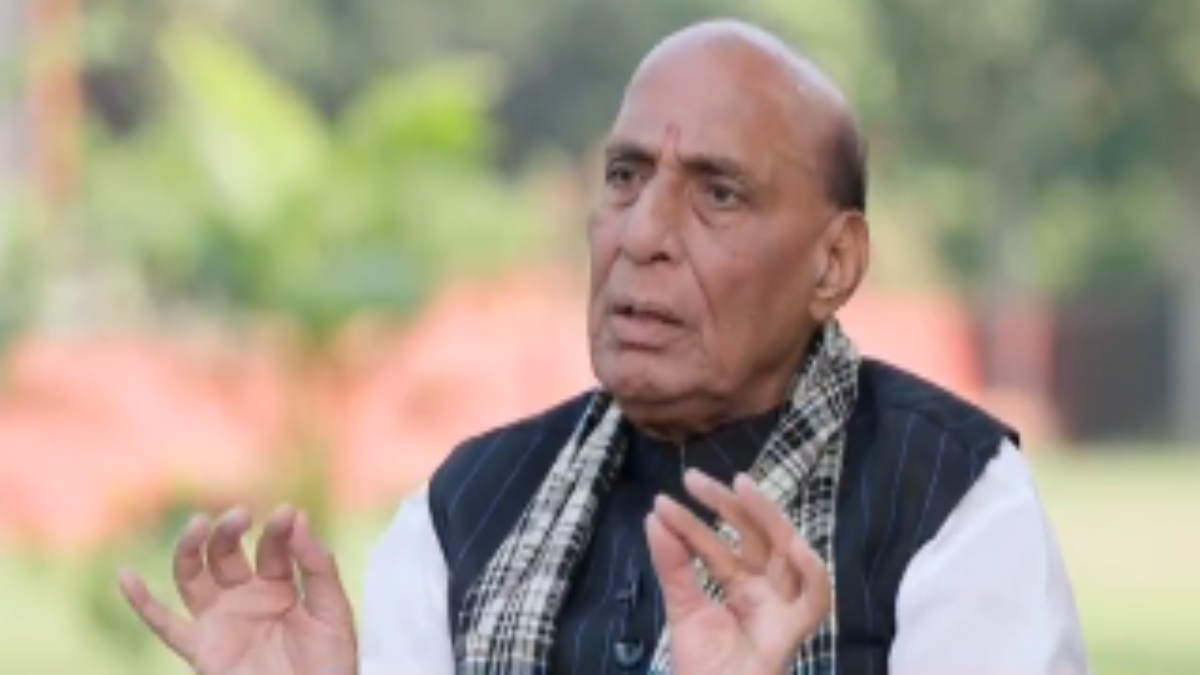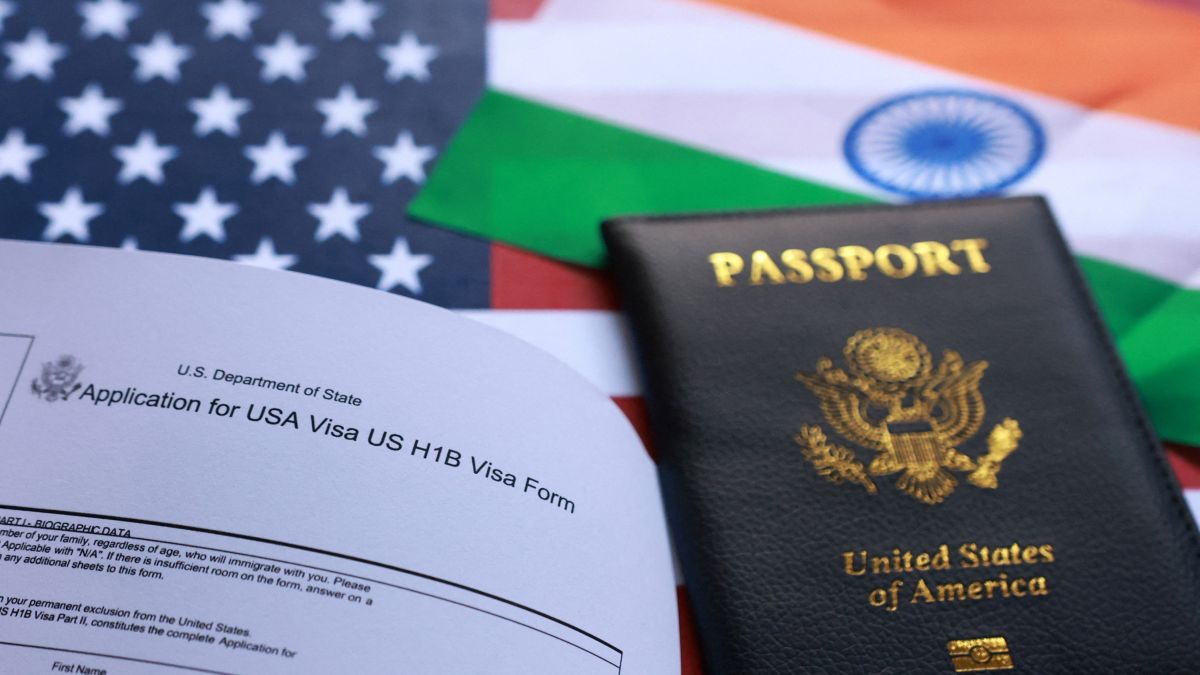Hedda is a 2025 American drama film written and directed by Nia DaCosta, based on Hedda Gabler by Henrik Ibsen. Tessa Thompson is in the title role and also the producer on the film, with Imogen Poots, Tom Bateman, Nicholas Pinnock, and Nina Hoss in supporting roles.
The acclaimed film premiered at the 2025 Toronto International Film Festival on September 7, 2025. It was released in select theaters in the United States on October 22, 2025, before streaming on Amazon Prime Video on October 29.
Talking about her piece of work, the director revealed in a recent press conference, “I mean, my initial read of Hedda was, you know, when I was falling in love with theater and falling in love with Ibsen, and I fell in love with this character. And the play is so fascinating, and I mean, she’s so enigmatic and sort of ineffable and sort of horrifying but also very vulnerable, really funny and sexy and loathsome and lovable. Like, you know, she’s like this very complex creature, and the play is this really interesting construction.”
Nia added, “And I just really wanted to follow all the things that really got under my skin about the play. And so my changing Eilert Lovborg to Eileen Lovborg was one of the first things I thought of, for two reasons. One, I really wanted to have another woman in the play. I really wanted it to be about more than just Hedda. I wanted it to be about three women who are trying to figure out what the hell they’re doing [laugh] and how they can feel good and whole within themselves. And Hedda is someone who’s so unsatisfied for reasons she doesn’t understand. Some of the reasons she does understand. She doesn’t like her husband. She hates the house she lives in, that she never cared about anyway. She doesn’t wanna be married.”
The filmmaker continued explaining, “She wants a sense of freedom that she thinks she can’t get without a man. But also, you know, I think these women, I mean, when you change Eilert to Eileen, like you add this element of like queerness to the story as well. And although some people read the original play as Hedda being queer, which I find interesting, which I didn’t necessarily. But, you know, it was a side effect in my movie that everyone was queer [laugh] once I changed Eilert to a woman. And then it ended up, like you’re saying, like it just meant that all these things happened, you know? All the changes sort of multiplied and fanned out.”
On bringing the iconic piece of work on the screen
It was really a series of questions and what ifs after reading the play, you know? It was what if Eilert were a woman? You know, what if we set this in the 1950s? What if Tessa Thompson played Hedda? You know, how would that change the world? And how could I still maintain like the beating heart of the original piece, the thing that made it so vital in its time? And I was like, how can I make it vital in mine? And so that was really the beginning of the road for me. And then, I mean, this came together for me, not seamlessly, but you know, without much angst, I would say. You know, like I tried to have Aunt Jillian in the movie, and I was like, she’s gotta go, you know? She’s got to go.
How does Nia DaCosta Hedda differ from Ib Singer’s [indiscernible]?
Nia was quoted saying, “I think there’s so much depth that goes into that character. I mean, she’s already so complex and interesting. But, you know, for me, when I knew that I would cast Tessa, I knew a black woman would be playing Hedda. You then have to, again, like think about that in the context of the world. You know, I chose the 1950s, I chose England. And in that time, if we’re keeping the architecture of her life, like her father, you know, General Gabler and him being who he is and her sort of desire to live up to that, but also always having something that won’t quite give her the full feeling of power validation, I think her blackness was a really important and key part of that in my version.”
She continued, “That really opened up, I think, a vision Hedda that I think some, maybe not all people, could empathize more with. You know, I really wanted her to feel isolated in the world and not just in terms of her gender, but also her race. And there are so many different ways where that happens, you know? So for example, the one time she even mentions her race in the movie it’s to Eileen, she says, you know, how many of these women you want me to be like are black? And Eileen says whatever. She doesn’t even engage because, to be fair, like a lot of people in that time would be like, you’re fine. Like, you don’t need anymore. [laugh] Like whatever.”


)
)
)
)
)
)
)
)
)



